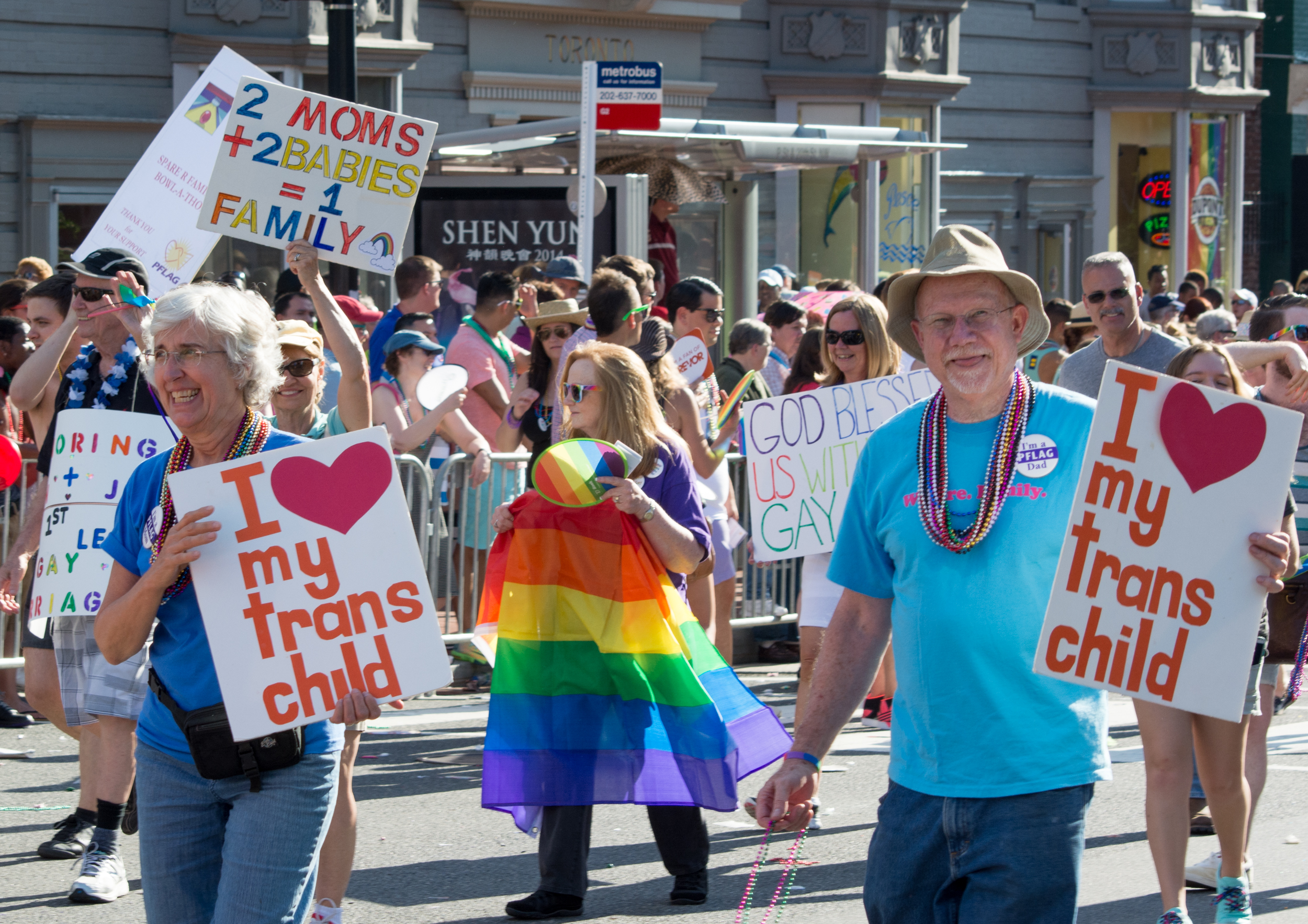Largest study on transgenders highlights health implications due to mental stress
Complaints of deteriorating mental balance have increased among transgenders

Probably the best people by heart and the most non-judgemental souls you would ever meet, transgenders have had a tough time adjusting to society’s norms. They are treated differently in different regions of the globe and rights platforms like UNHRC and other social forums have regularly come forward to pitch for inculcating them in the mainstream arena
A comprehensive survey that collected data from 2014 to 2017, a period when 'attitudes shifted' and transgender people may have gotten worse, is a good long term idea on the impact of social awareness schemes said Kellan Baker, the study's author and a researcher at Johns Hopkins University.
Most transgenders and LGBTQ+ community deal with consistent inner conflict and social stigma which was reflected in the study findings. Research published in JAMA Internal Medicine of US studies 3,075 transgender adults and compared it to data from 719,657 cisgender adults.
Who is a Cisgender?
Any person who identifies with their sex and gender assigned at birth is cisgender. A cisgender man, for example, is a person assigned male at birth who identifies as a man. That often means a man born with a penis. Meanwhile, a cisgender woman is a person assigned female at birth who identifies as a woman - most are born with a vagina and develop other secondary female sex characteristics in puberty, such as breasts.
Transgender people were 30 per cent more likely to report being in “fair” or “poor” health over the past month than cisgender adults, as well as 66 per cent more likely to report experiencing severe mental distress. An estimated 0.55 per cent of the people in the survey identified as transgender, which suggests there may be about 1.27 million transgender adults in the U.S.
Survey participants were asked if they considered themselves transgender and were given four options to categorize their identities: trans male (people who identify as male but were assigned female at birth); trans female (individuals who identify as female but were assigned male at birth); gender non-conforming; or not transgender.
Complex impacts:
Mental health tends to rank highly among health concerns, along with HIV. According to some studies, 25% of transgender women and 56% of African American transgender women in the United States are living with HIV, although this estimate could be high because it is based on people seeking treatment.
As science picks up steam, and new experiments are conducted, some researchers worry that physicians might feel pressure to move new findings and observations into practice too quickly.
An earlier study had yielded that hormone therapy was particularly beneficial for enriching greater brain connections in transgender women.
"We don’t have a manual for how to use our human body," said a furious participant Benita Arren who despite being designated as a male at birth went ahead and wore girly clothes.
Bottom Line: Compared to cisgender Americans, transgender individuals were more likely to be sedentary, current smokers, and uninsured, researchers reported.
ALSO READ
Exploring the Connection Between Social Media and Youth Mental Health
Sydney Bondi junction shooting offender "suffered from mental health", police say
Sydney knife attacker had mental health issues, ideology not motive, police say
Sydney knife attacker had mental health issues, ideology not motive, police say
Olympics-U.S. keeping up focus on mental health at Paris Games










